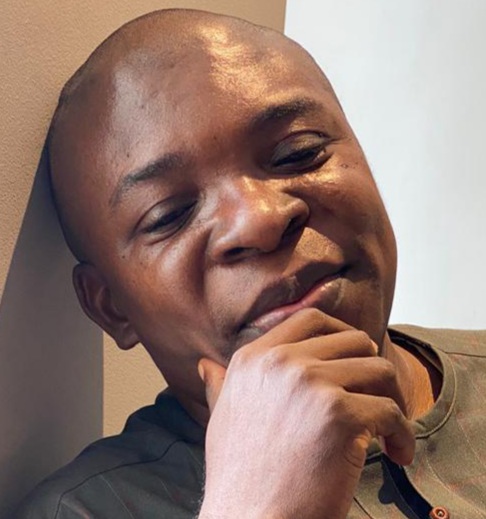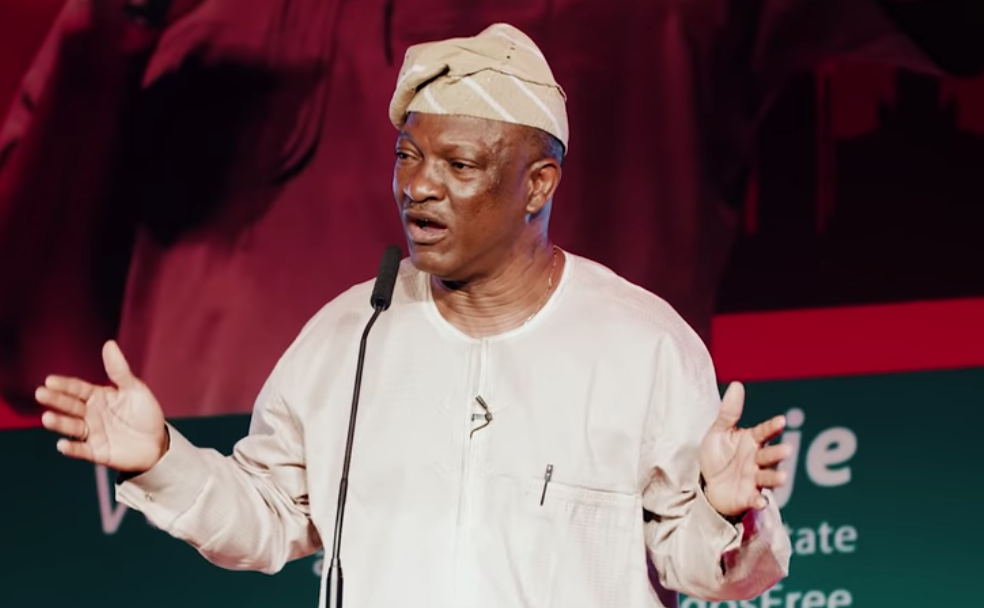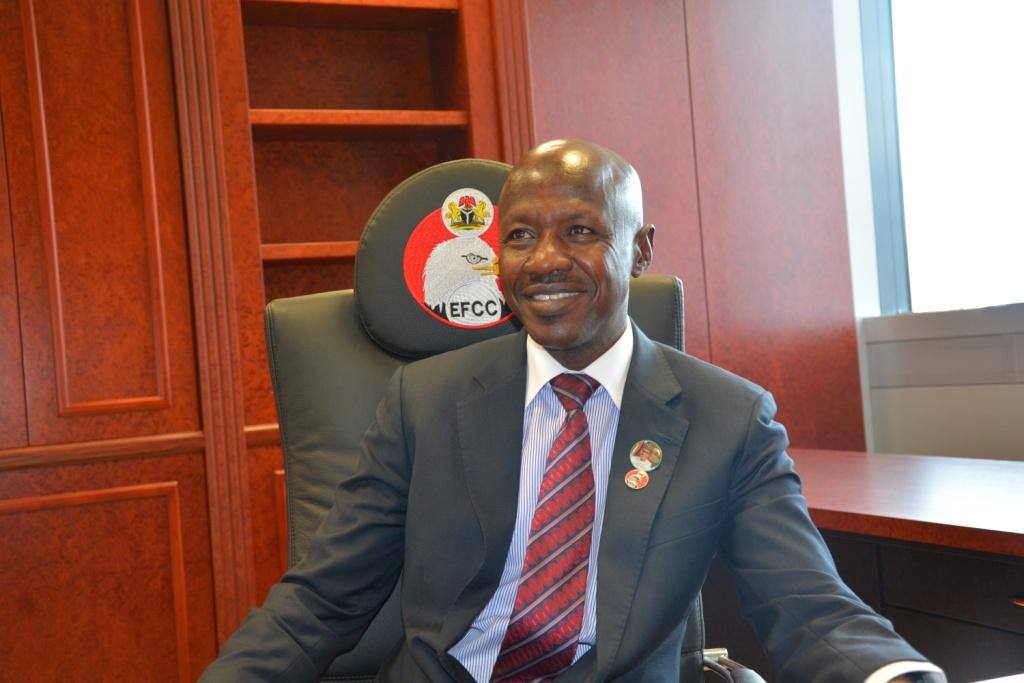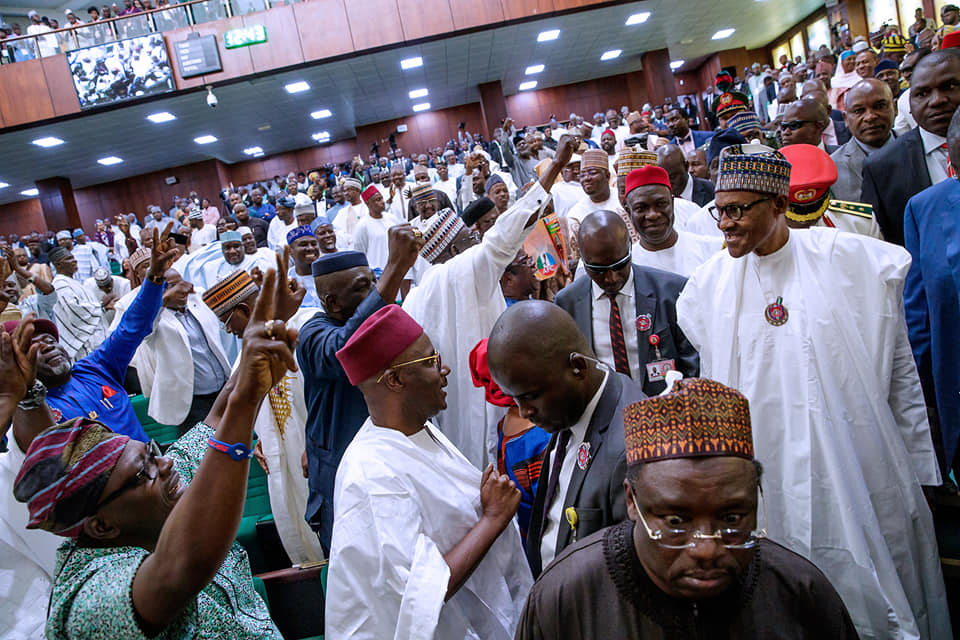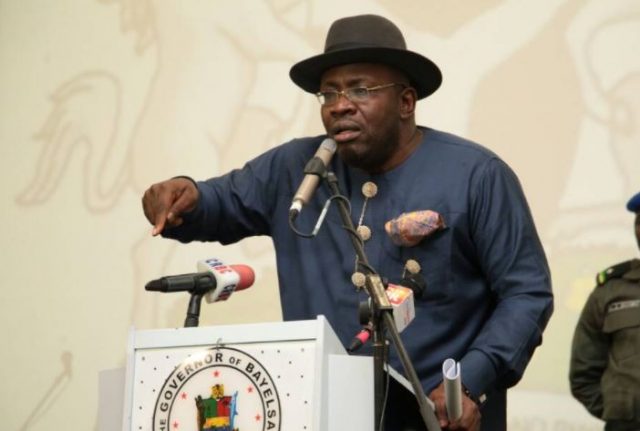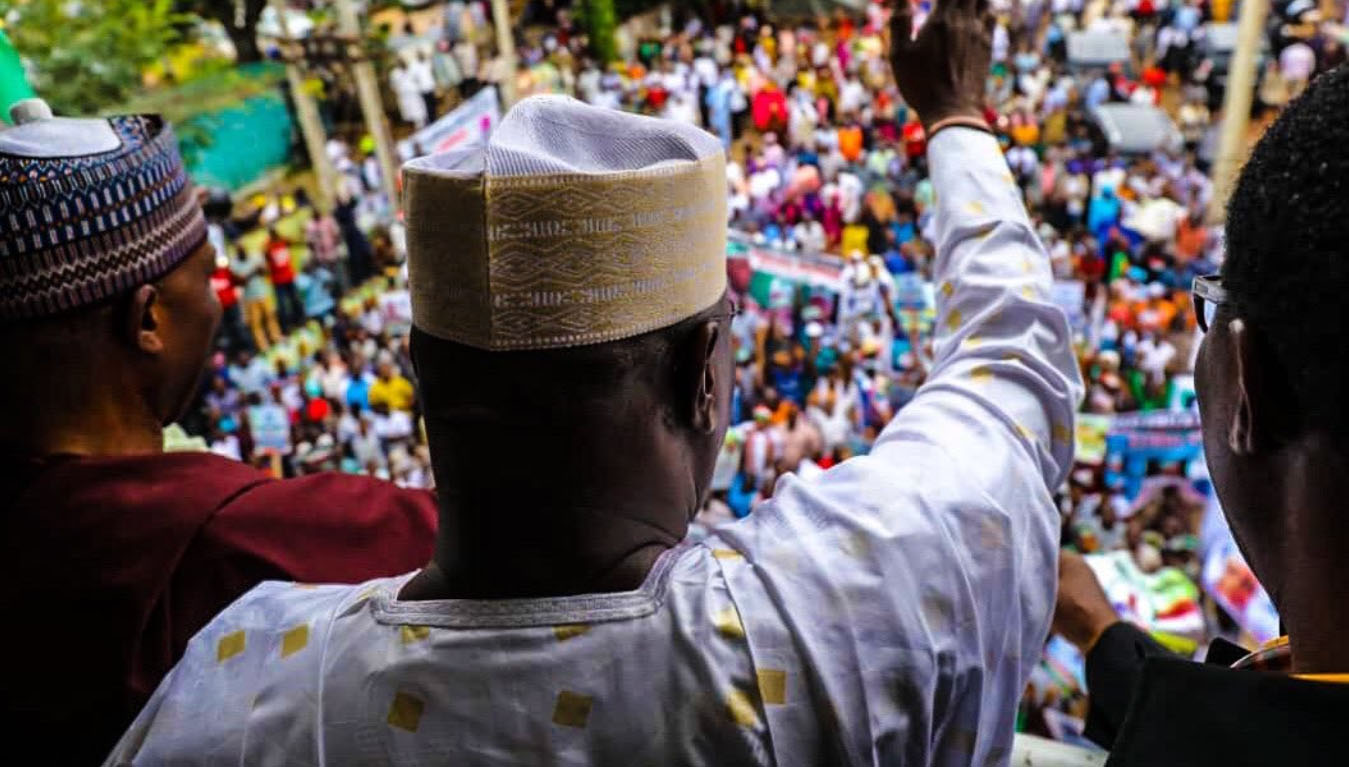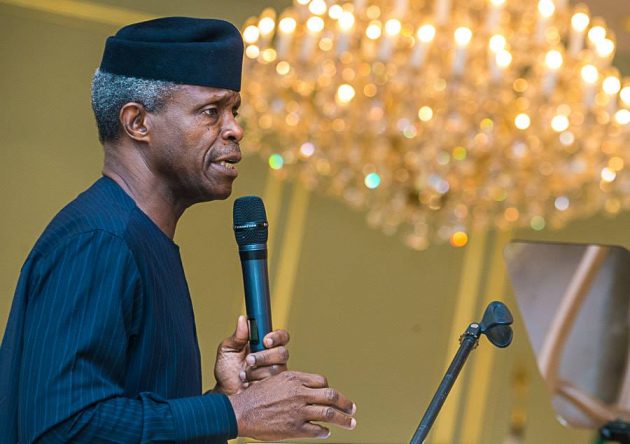Jimi Agbaje, governorship candidate of Peoples Democratic Party (PDP) in Lagos State, has always based his ill-fated ambition to be governor of Lagos on empty rhetoric and stoking ember of ethnic discord. Predictably, Agbaje’s communication strategy in every election is to reduce Lagosians to slaves who are living in bondage. He has always fronted himself as the man on a civilizing mission to rescue us from bondage.
While the semiotics of slavery in the context of constant usage by Agbaje is not lost on anyone in Lagos, it has become a defeatist strategy of making the next election a referendum on former Governor Bola Tinubu, the direct object of attack. It is a wrongheaded political communication to reduce debate and conversations around governance in Lagos to cheap innuendos.
It is very instructive at this point, to deconstruct Agbaje’s central thematic message of slavery and freedom for its hollowness and superfluity. Agbaje and his hirelings in his two previous attempts and in his current odyssey had laboriously, albeit, unsuccessfully framed a narrative that Lagos is under the bondage of one man in the last 19 years. The suggestion that there is nothing to show in terms of positive impacts that benefit the people of Lagos is at best very dubious. For anyone, least of all, a man of Agbaje’s status who should give Lagosians compelling reasons to vote for him to peddle gossips with so much gusto, mirrors the level of lack of appreciation of what governance is about.
Facts on ground do not support charge of non-performance against successive administration in Lagos since 1999. Any claim of hegemonic overlord with transcendental power over the state is pure baloney. Asiwaju Tinubu took over a broken down state in 1999 after the inglorious 20years reign of the military that stifled development. Lagos was a state under siege. Crime rate was very high, public transportation was very shambolic, decrepit public schools, waste management reached epidemic level, and infrastructure, especially the roads were horrible with two decades of almost zero investment.
Advertisement
Lagos was caving it under the yoke of unimaginative military rulers. The public/civil service was in disarray with inefficiency and low productivity. That was the Lagos Asiwaju Tinubu inherited from the military. Immediately after his election, Tinubu got to work by putting on his thinking cap. He set-up technical committees to work on various plans and interventions that will recalibrate the state and set it on the path to recovery. Members of the various transition committees were drawn from the private sector and from the diaspora. The task was for the members of the various committees to develop comprehensive economic and development blue print for Lagos.
On assumption of office on May 29, 1999, the then governor Tinubu hit the ground running with the assemblage of crack team of brilliant professionals into his cabinet. From inception, the administration knew innovation and creativity must drive governance in Lagos especially in revenue generation to fund the huge deficit in infrastructure.
On top of the agenda was the imperative of reforming existing government agencies for service delivery. The Tinubu government reformed Lagos Waste Management Authority (LAWMA) for better performance to frontally tackle the problem of waste management and disposal. The administration introduced the private sector participation in waste collection and disposal which created massive employment opportunities and injection of private capital. To deal with environmental issues, the administration also created Kick Against Indiscipline Brigade (KAI) to enforce environmental and sanitation laws.
Advertisement
Perhaps one of the groundbreaking initiatives of the Tinubu administration was the creation of Lagos State Traffic Management Authority (LASTMA) to untangle traffic bottlenecks in Lagos. Can anyone imagine a Lagos without LASTMA today? The agency will remain an eternal testimony to the vitality and creativity of Tinubu and his team. It is still a worthy example in public administration in Nigeria.
To protect the weak and the vulnerable in Lagos, the Tinubu administration established the Office of the Public Defender (OPD). That agency has been hailed by global development community and multilateral agencies as one of the best models of social protection by government in the world. The OPD takes on cases of domestic violence, child abuse, wrongful termination of employments, tenancy matters and other social issues. At the government expense, OPD has diligently pursued cases in court and got justice to thousands of Lagosians in the last 15 years.
Tinubu administration was the pathfinder in massive investment in infrastructural upgrade in Lagos. Tinubu embarked on ambitious infrastructural renewal projects in Lagos in key sectors like Housing, education, health, road and power. Lagos State was the first state in Nigeria to start Independent Power Project with Enron to provide regular electricity for Lagos. The then PDP led federal government frustrated the Enron power project but with strong-will and determination, the state government pulled through even when the political structure of Nigeria ensured the state did not get the full benefit because power from IPP had to go to national grid.
Tinubu administration also started schools upgrade in Lagos and renovation of healthcare facilities. It was the administration that started the idea of building mega schools. Some of the school buildings still stand as monuments of excellence in Lagos till date.
Advertisement
On road infrastructure, the Tinubu administration made its mark. Oregun to Ojota road now Kudirat Abiola Way, Awolowo Road Ikoyi, Yaba-Ojuelegba- Itire Road, Igando Road are living testimonies of what quality road infrastructure means. 16 years after the roads are still solid. The economy of Lagos Island Central Business District of Broad Street-CMS-Marina axis had collapsed with areas boys and criminals taking over before Tinubu came. Most businesses had relocated out of the CBD with empty high rise buildings due to the combination of poor infrastructure and high crime rate. The Tinubu administration started the Lagos Island CBD redevelopment and set up an agency to drive process. Businesses that left returned to CBD after the makeover. LAMATA, a World Bank funded agency with responsibility to facilitate the integration of inter-modal transportation system in Lagos also bears eloquent testimony to visionary leadership by Tinubu. The BRT system is the first in Africa, Lekki Free Trade Zone and the innovative private sector led State Security Trust Fund which other states are copying now are some of the examples of progressive leadership in Lagos.
One of the major successes of the Tinubu administration was the re-engineering of the state finance for fiscal autonomy. Lagos internally generated revenue moved from paltry N600million a month to N10billion monthly by the end of the Tinubu administration in 2007. The administrations that came after him sustained the prosperity engineered by the Tinubu administration. Lagos according to public information currently generates over N30billion monthly with a target to do N50billion.
Tinubu’s biggest legacy as leader of men will be his ability to spot talents. He gave Lagos a governor in Babatunde Raji Fashola, an administrator per excellence who took governance to another level. His foibles notwithstanding, Akinwumi Ambode proved his worth too as a working governor who redefined governance in his own way with massive infrastructural projects across the state. Ambode expanded frontier of governance by taking development to the people in forgotten parts of Alimosho, Ikorodu, Badagry, Epe, Agege among others.
There is no way the success of Lagos in the last 19 years will be written without an honourable mention of the names of Babajide Sanwo-Olu and his running mate, Dr. Obafemi Hamzat. The two men were part of the reforms and foundational work that are transforming Lagos. The work of Lagos is an evolving on. That is why a very competent combination of the APC candidates is needed to take Lagos to a greater height.
Advertisement
It stands to reason, how a progressive camp that has done so much to save Lagos from the brink of collapse and turned the state to one that is competitive and climbing out of its former chaotic status, where first world infrastructure and social services are becoming permanent features can be under bondage as to require freedom.
Jimi Agbaje obviously sees this contest as his last chance to be governor of Lagos and he is ready to throw anything to achieve his objective. It is rather sad the PDP candidate can get so low to fan ember of ethnic discord among the Yorubas and Igbos in his recent Twitter meltdown. Lagosians are too cosmopolitan to be baited with primordial sentiments. Lagosians want a governor that will make Lagos more liveable for them not a hawker of pettiness.
Advertisement
Jimi got himself burnt with those tweets. Nobody should be surprised really. His campaign has never been about issues. Not now and not his previous attempts. His campaign strategy is never anchored on what he is capable of doing. It has always been about how to discredit Tinubu and demonise his main opponent.
Advertisement
Views expressed by contributors are strictly personal and not of TheCable.
Add a comment
